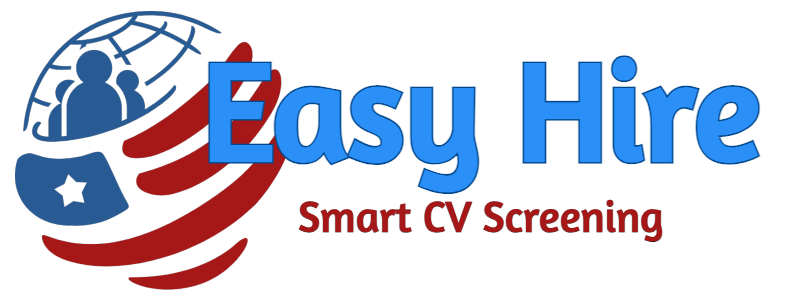The Ethics of AI in Recruitment: What You Need to Know
Ethical concerns and best practices when using AI in recruitment.
The Ethics of AI in Recruitment: What You Need to Know
Artificial Intelligence (AI) is transforming recruitment by streamlining processes, reducing biases, and enhancing candidate experiences. However, as AI becomes more integrated into hiring practices, ethical concerns are emerging. What are the key ethical challenges of AI in recruitment, and how can organizations address them? This guide explores the ethical landscape of AI hiring, offering actionable insights to ensure your recruitment practices are fair, transparent, and effective.
What is AI in Recruitment?
AI in recruitment refers to the use of machine learning algorithms, natural language processing, and other AI technologies to automate and optimize hiring processes. From sourcing candidates to screening resumes and conducting interviews, AI aims to save time, reduce costs, and improve decision-making.
However, as with any technology, AI is not without its ethical implications.
Why Are AI Recruitment Ethics Important?
The use of AI in hiring decisions raises critical ethical questions. For example:
- Can AI perpetuate biases present in training data?
- Are candidates aware of how their data is being used?
- Who is accountable for AI-driven hiring decisions?
According to a Harvard Business Review study, 88% of companies using AI in hiring reported concerns about data privacy and algorithmic bias. Ignoring these ethical considerations can lead to reputational damage, legal risks, and unfair hiring practices.
Key Ethical Concerns in AI Recruitment
1. Algorithmic Bias
AI systems learn from historical data, which may contain biases. For instance, if past hiring decisions favored certain demographics, the AI could replicate or amplify these biases.
Solution: Regularly audit AI systems for bias, diversify training data, and involve human oversight in decision-making.
2. Lack of Transparency
Many AI algorithms are “black boxes,” making it difficult to understand how decisions are made. Candidates and recruiters alike may feel uneasy about opaque processes.
Solution: Use explainable AI (XAI) tools that provide clear insights into decision-making processes.
3. Privacy Concerns
AI systems often rely on vast amounts of candidate data, raising questions about data security and consent.
Solution: Ensure compliance with data protection laws (e.g., GDPR) and communicate clearly with candidates about how their data will be used.
4. Over-Reliance on AI
While AI can streamline recruitment, it cannot replace the human touch. Over-reliance on AI may lead to impersonal candidate experiences.
Solution: Use AI to complement human judgment, not replace it.
Best Practices for Ethical AI Recruitment
- Conduct Regular Bias Audits: Test AI systems for biases and ensure they align with your organization’s diversity and inclusion goals.
- Prioritize Transparency: Be upfront with candidates about the use of AI in the hiring process.
- Invest in Training: Educate recruiters and HR professionals on how to use AI tools responsibly.
- Monitor and Iterate: Continuously evaluate AI systems to ensure they meet ethical standards.
Real-World Examples
Case Study: Unilever’s AI Hiring Platform
Unilever uses AI to screen video interviews, saving recruiters time while maintaining fairness. To address ethical concerns, the company ensures candidates are informed and human recruiters make the final decisions.
IBM’s AI Fairness 360 Toolkit
IBM has developed an open-source toolkit to detect and mitigate bias in AI systems, setting a benchmark for ethical AI practices.
The Future of AI in Recruitment: What’s Next?
As AI evolves, ethical considerations will remain at the forefront. Emerging trends include:
- Greater emphasis on explainable AI.
- Stricter regulations on AI use in hiring.
- Increased collaboration between AI developers, recruiters, and ethicists.
FAQ
Q: Does AI replace human recruiters?
A: No, AI enhances recruitment by automating repetitive tasks, allowing recruiters to focus on strategy and relationship-building.
Q: How can I ensure my AI system is unbiased?
A: Regularly audit your AI system, diversify training data, and involve human oversight in decision-making.
Conclusion
AI has the potential to revolutionize recruitment, but only if used ethically. By addressing biases, prioritizing transparency, and maintaining human oversight, organizations can harness AI’s benefits while upholding fairness and trust.
Ready to implement ethical AI in your hiring process? Explore Easyhireapp’s AI recruitment solutions and discover how we can help you hire smarter and fairer.
